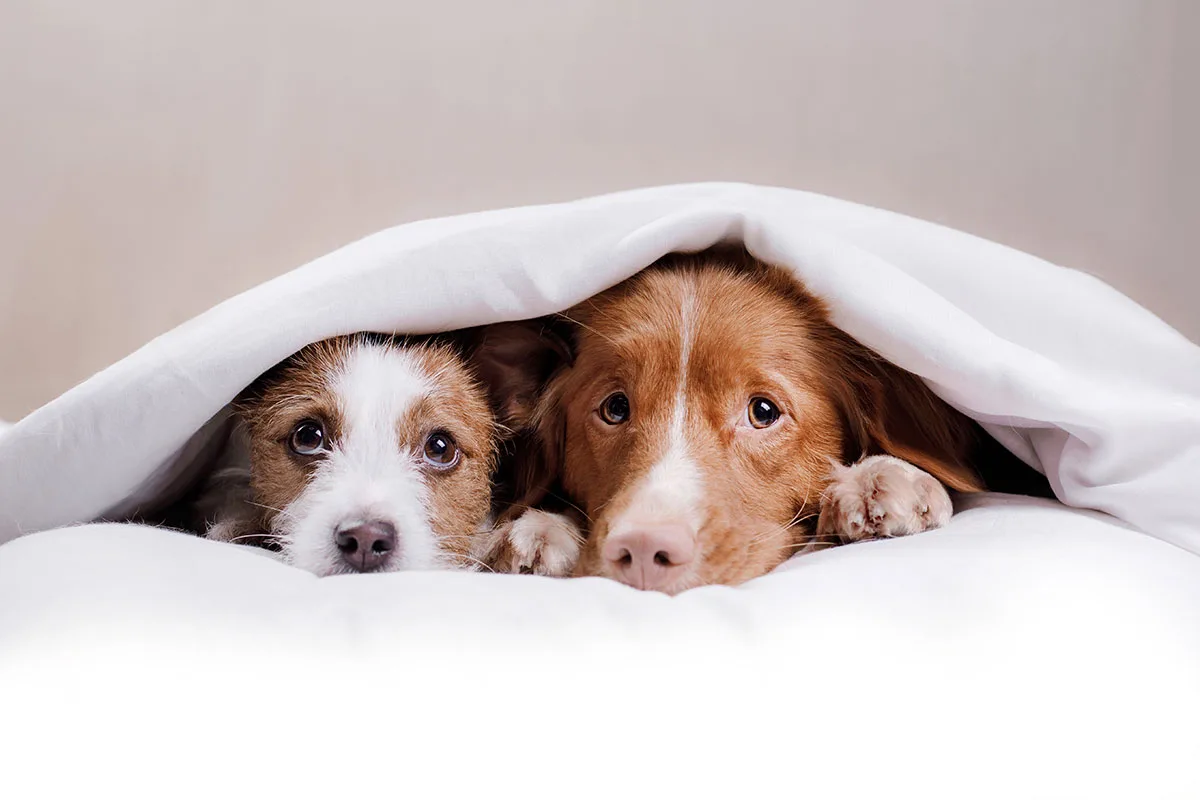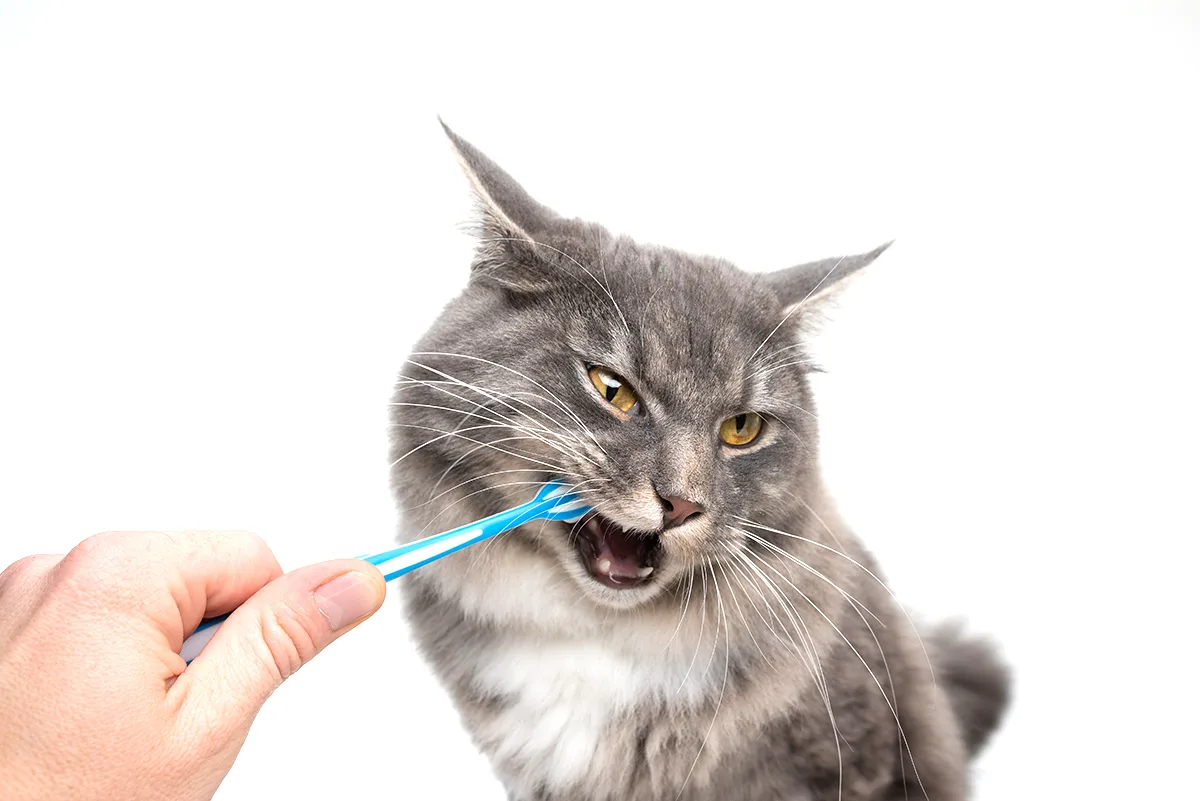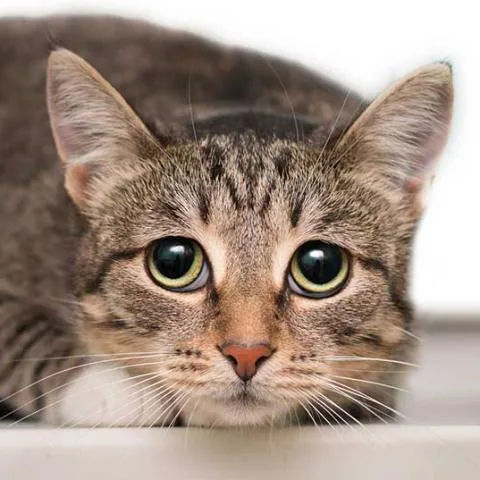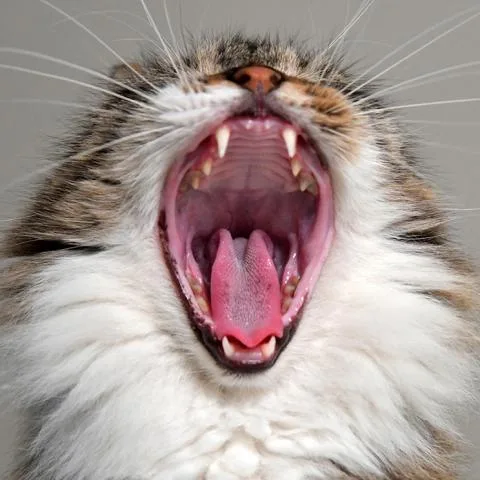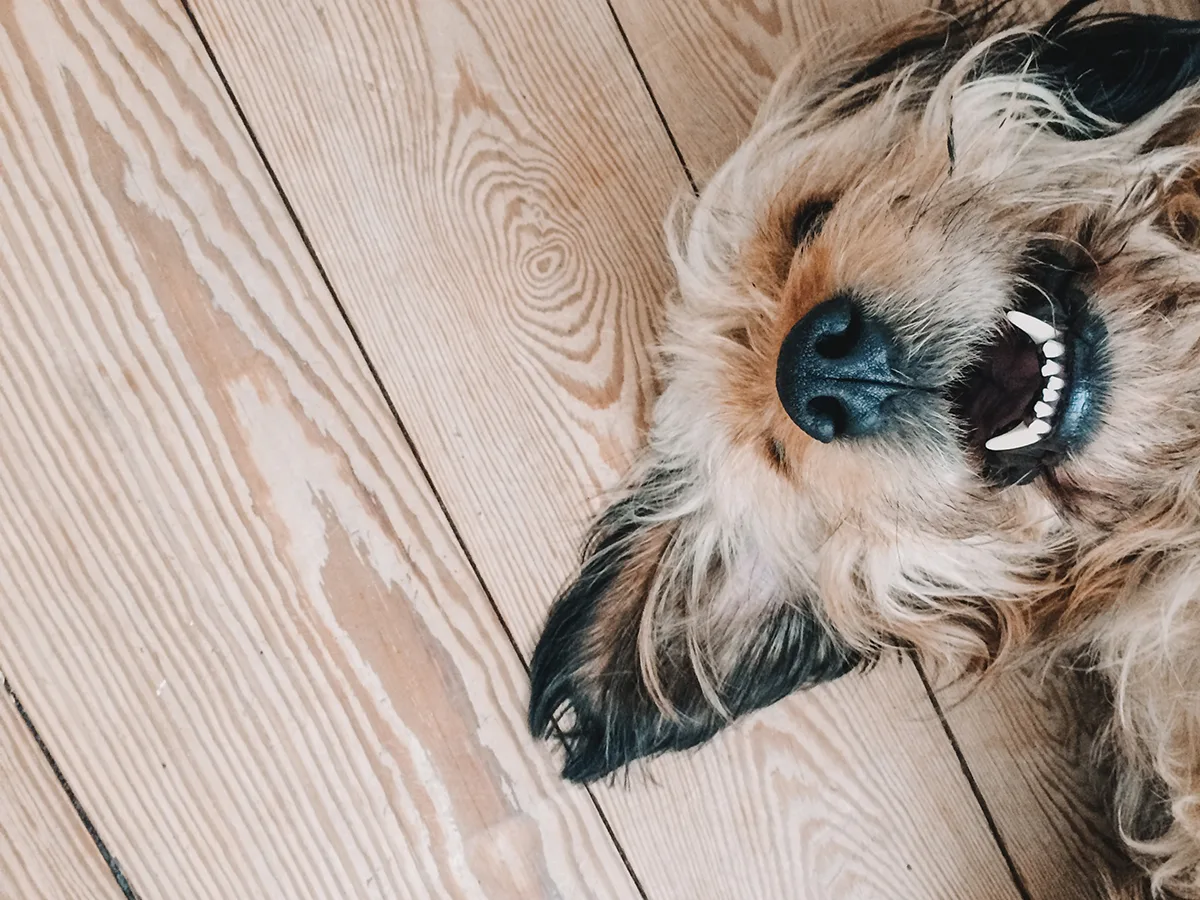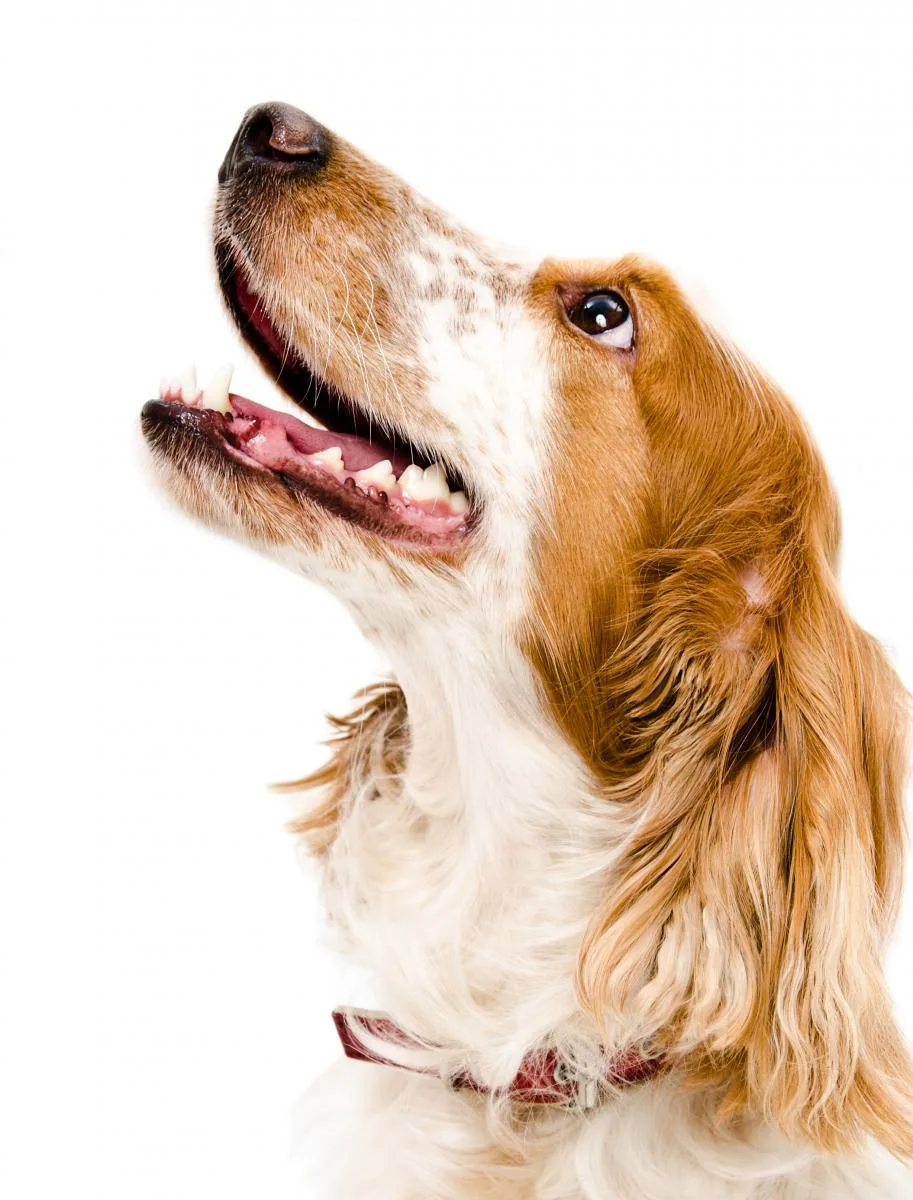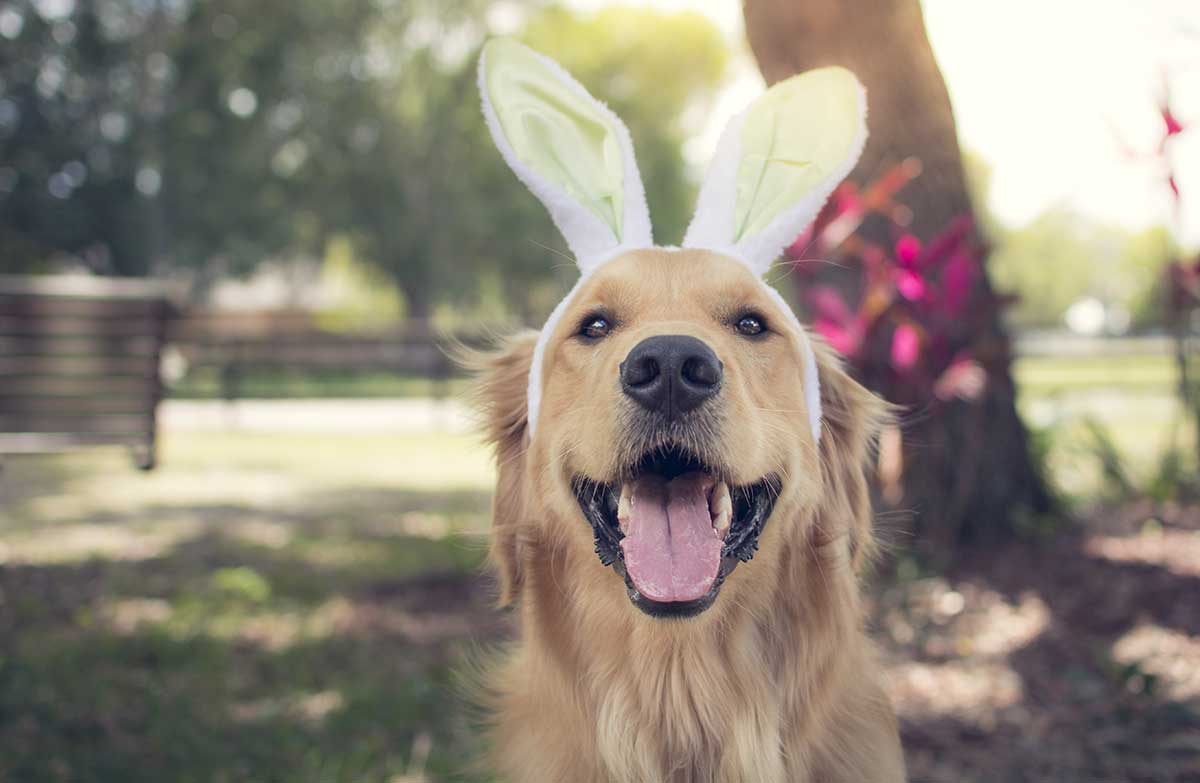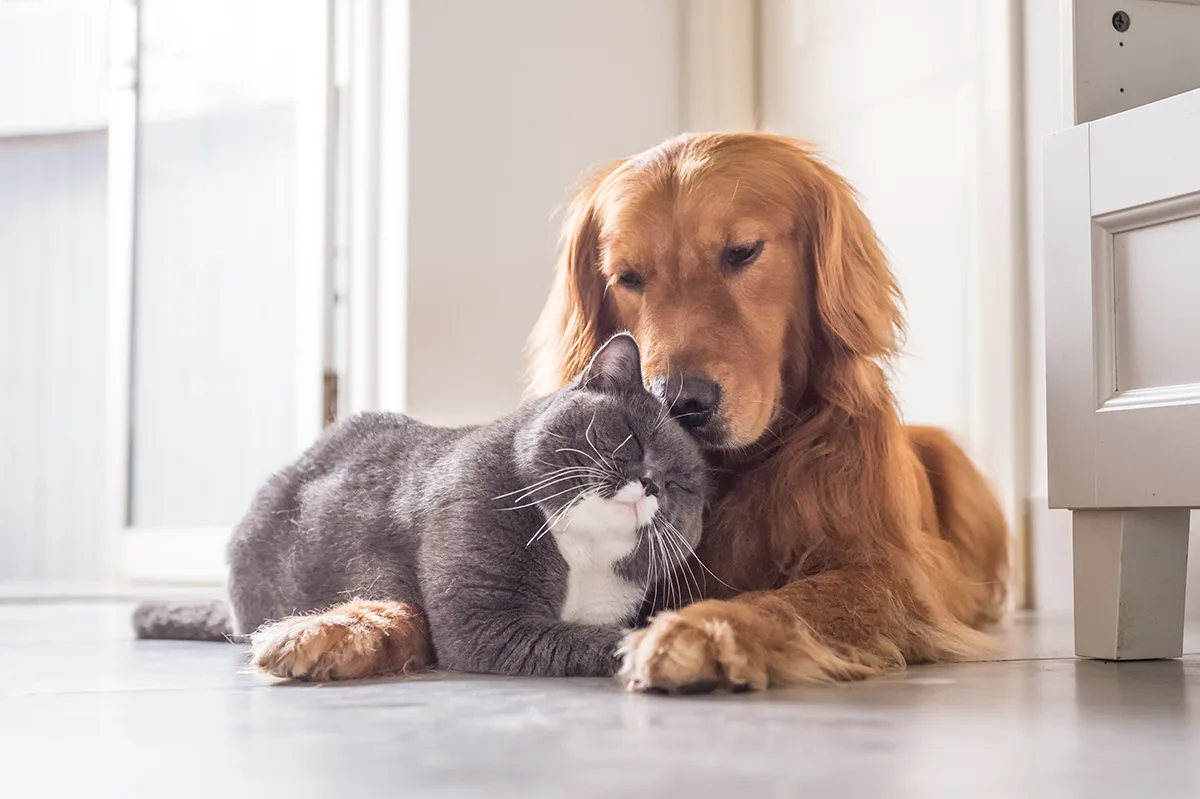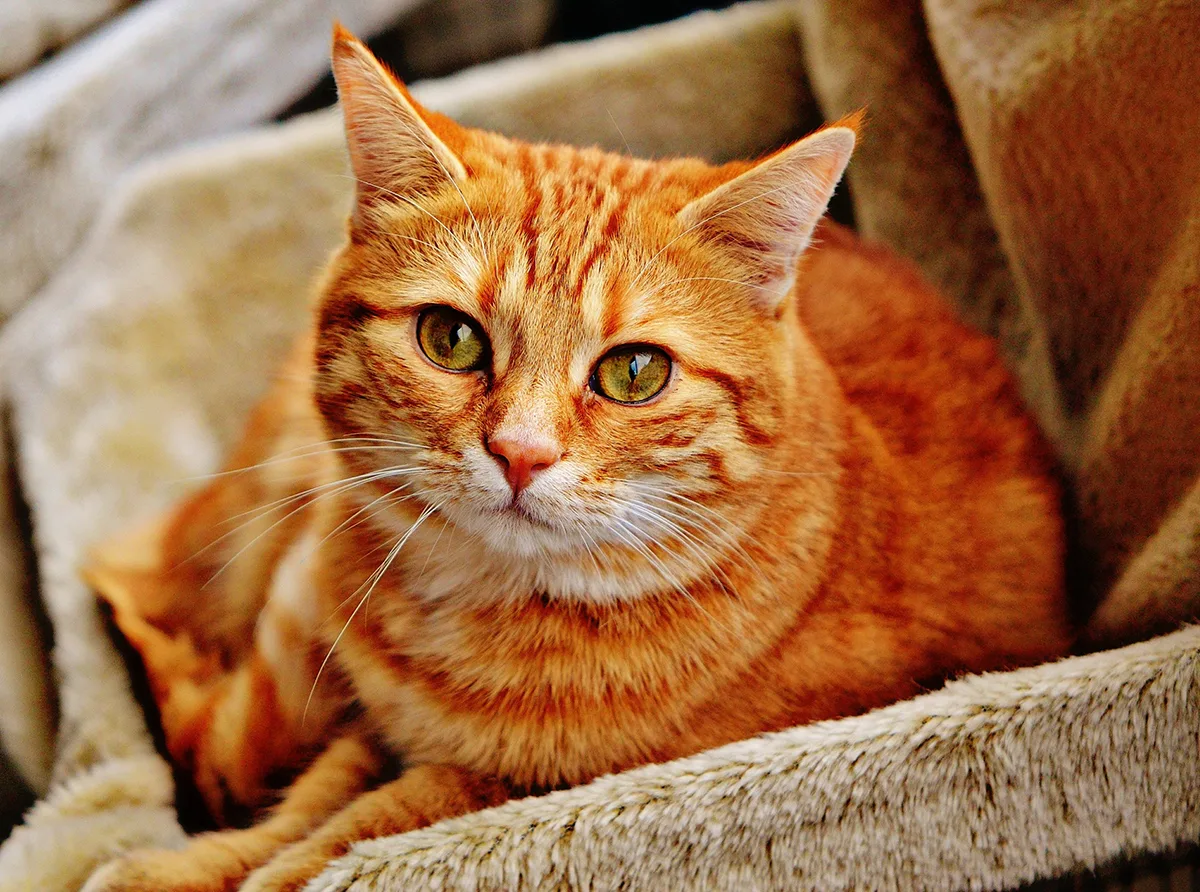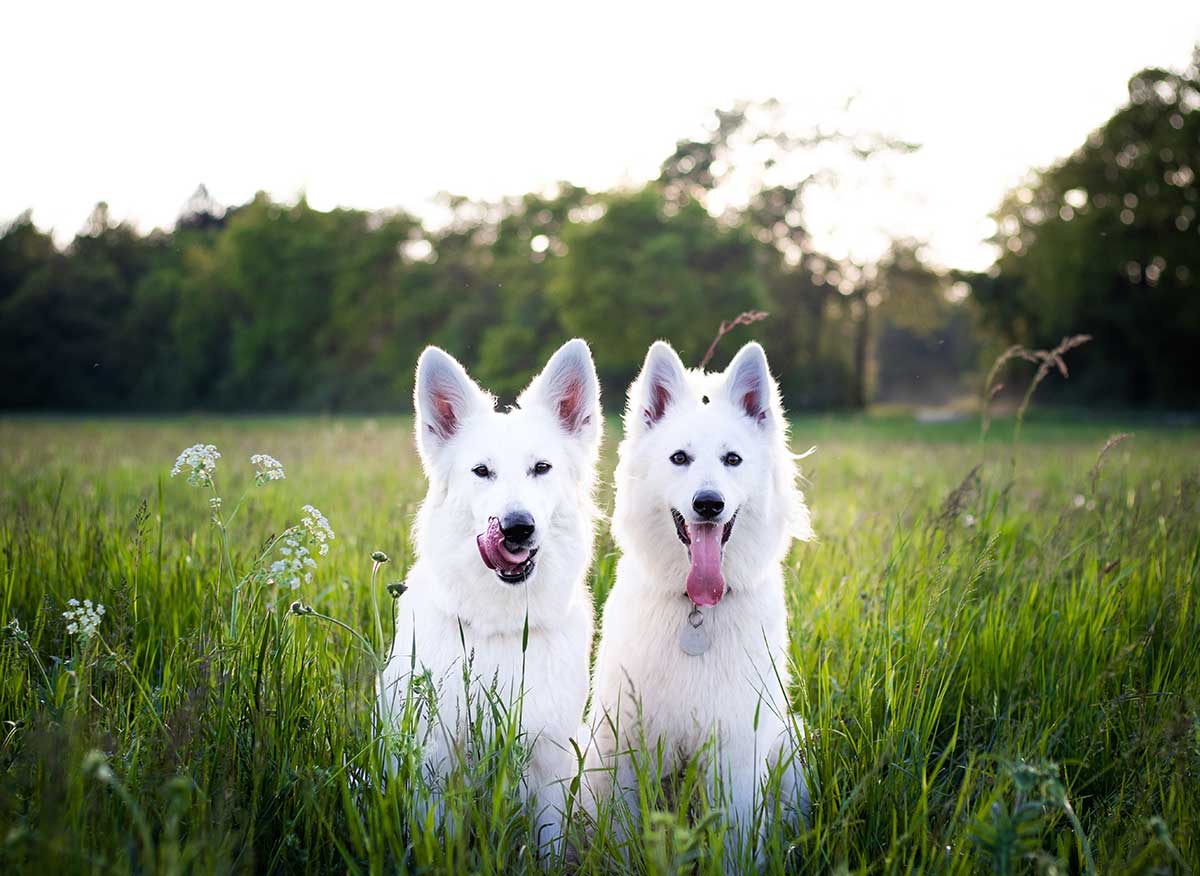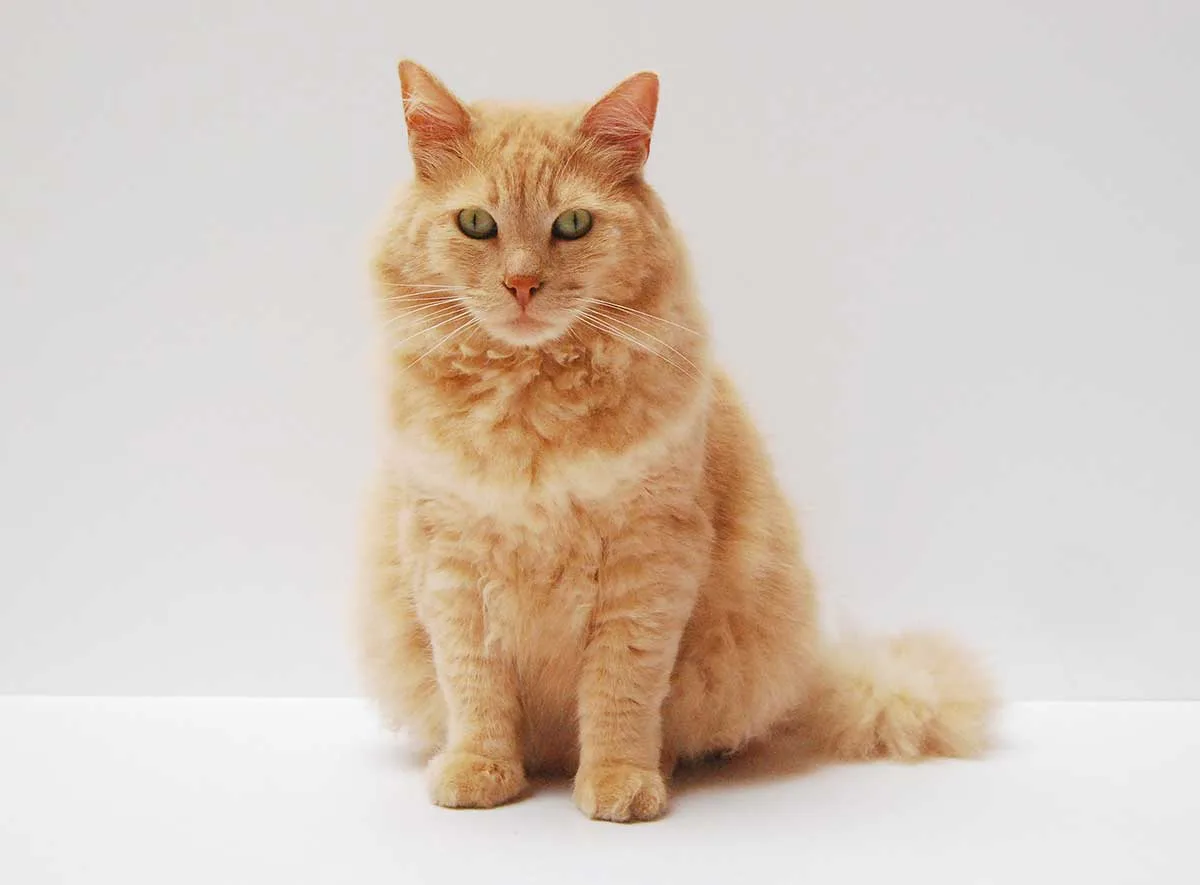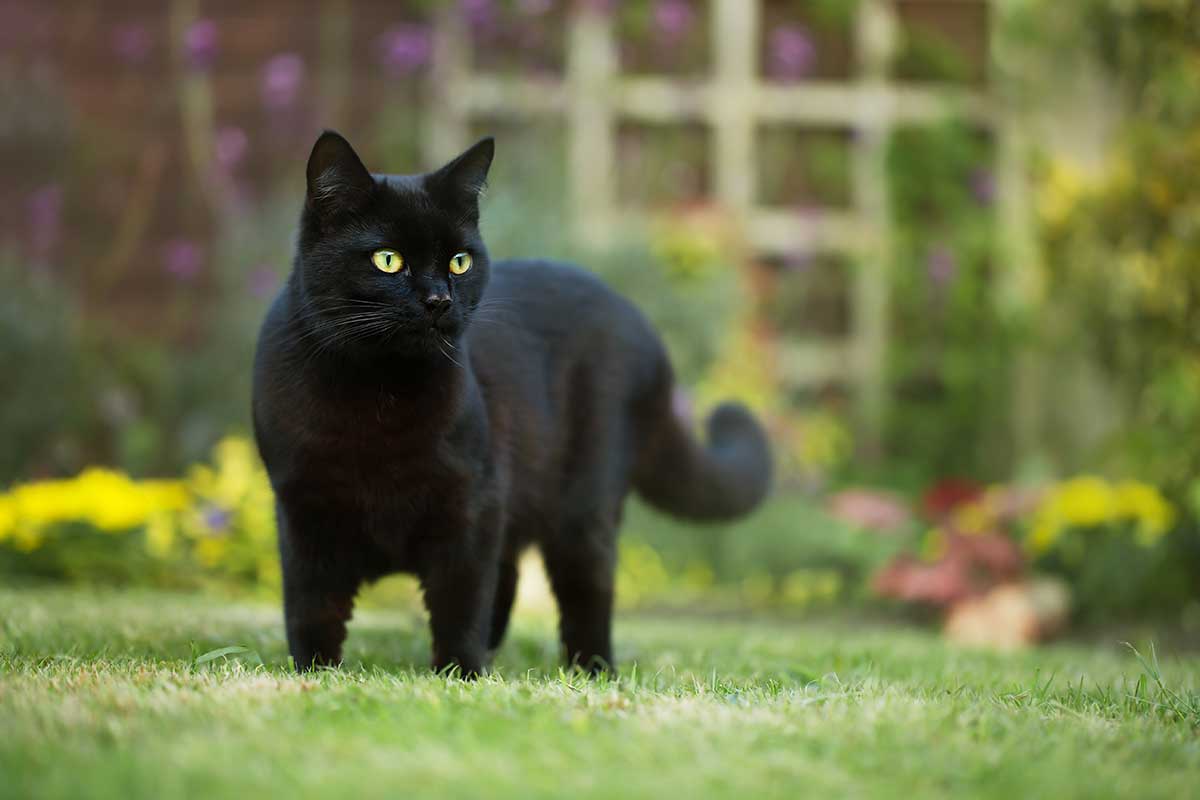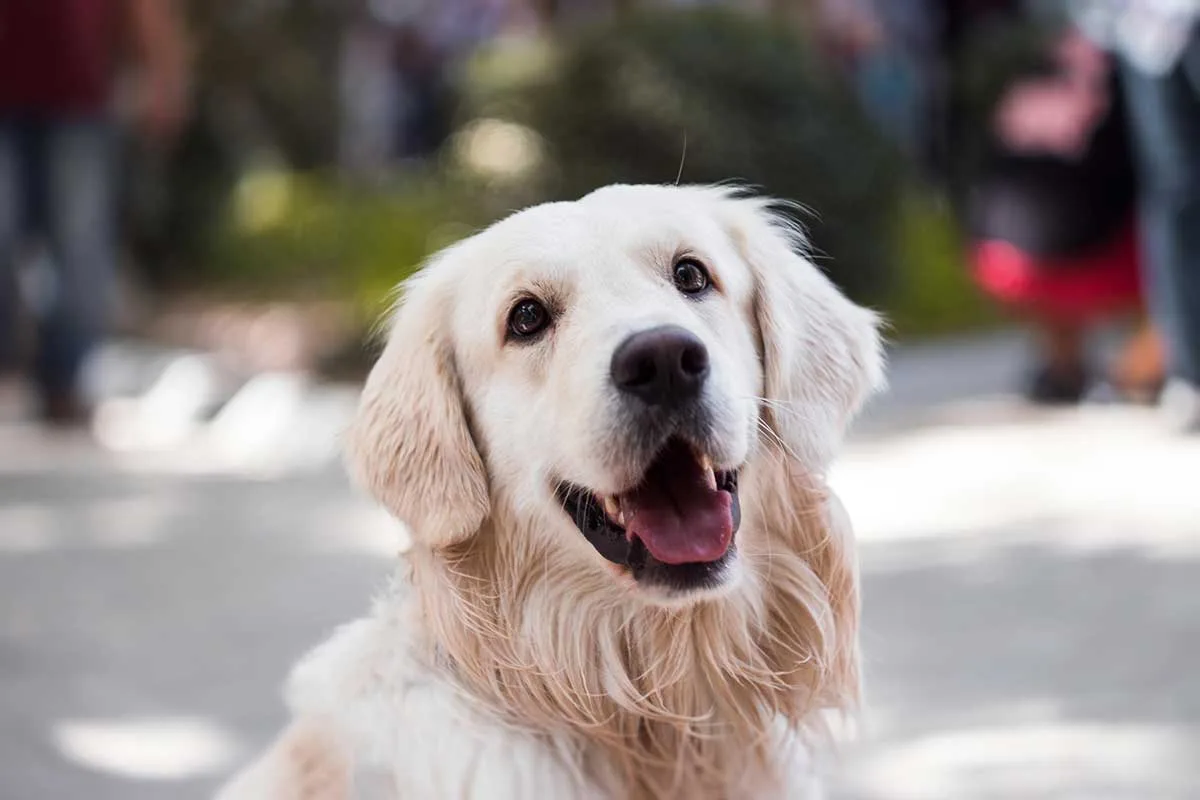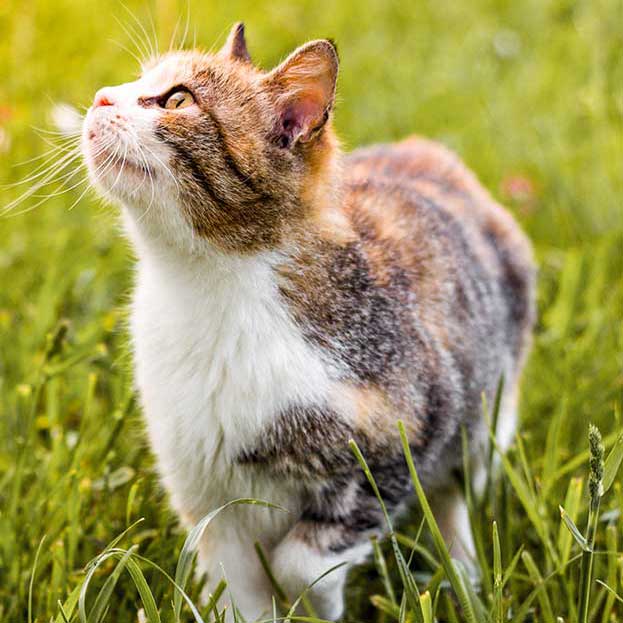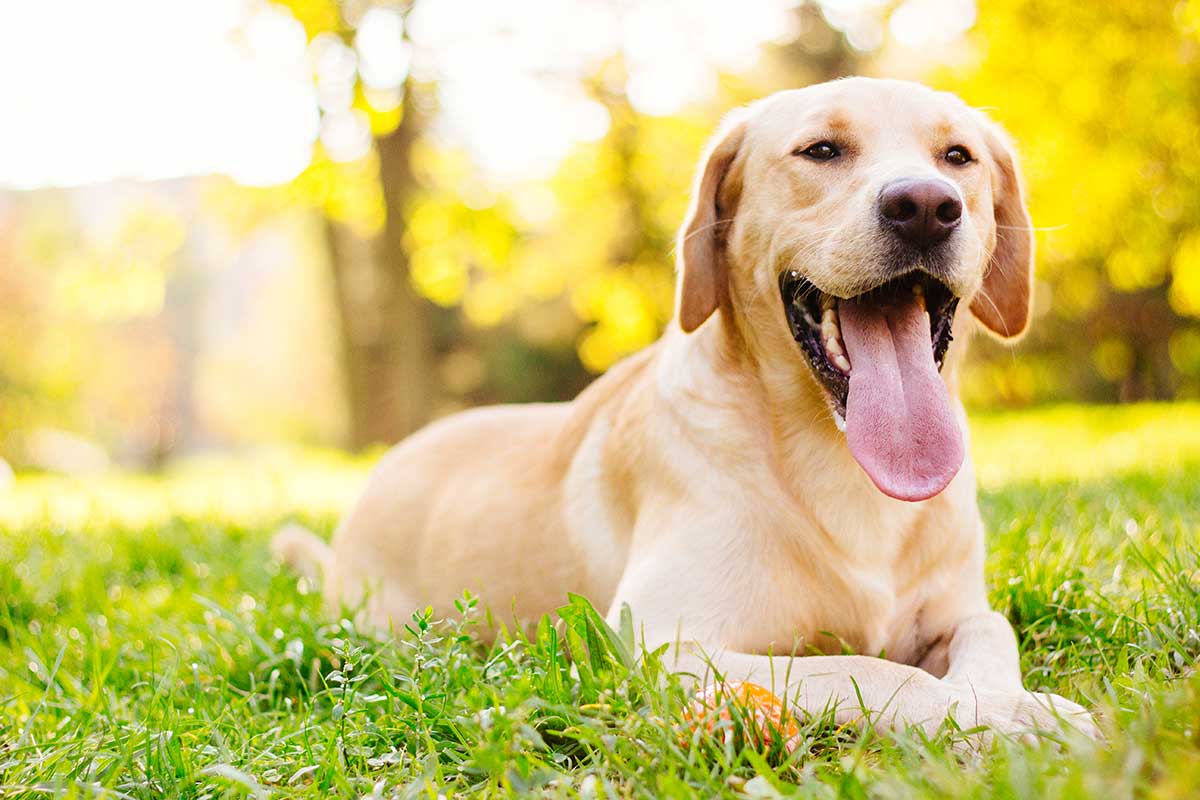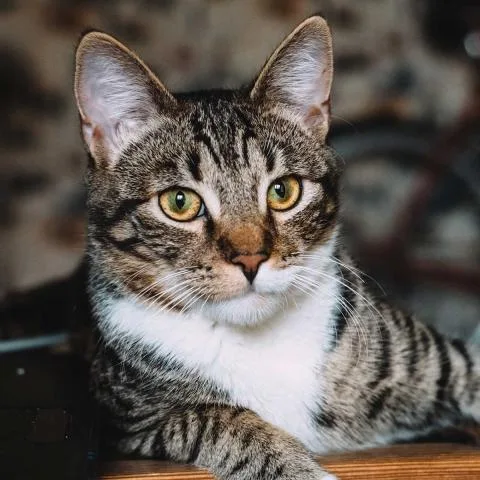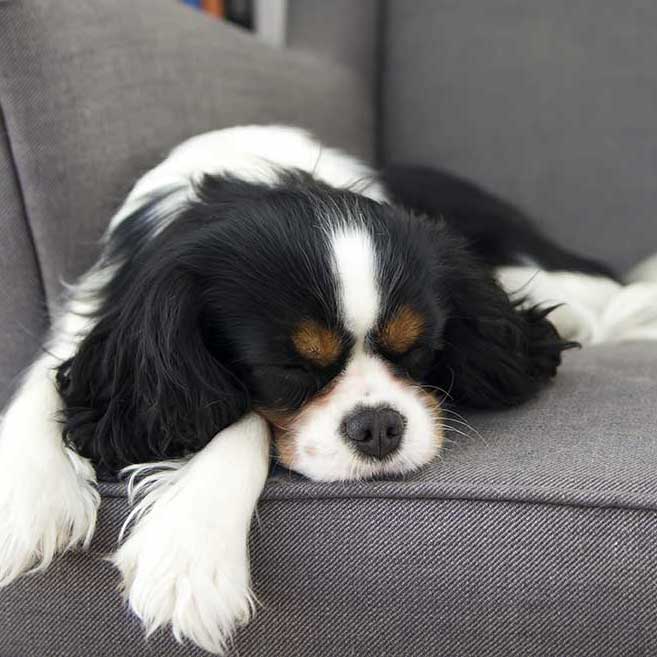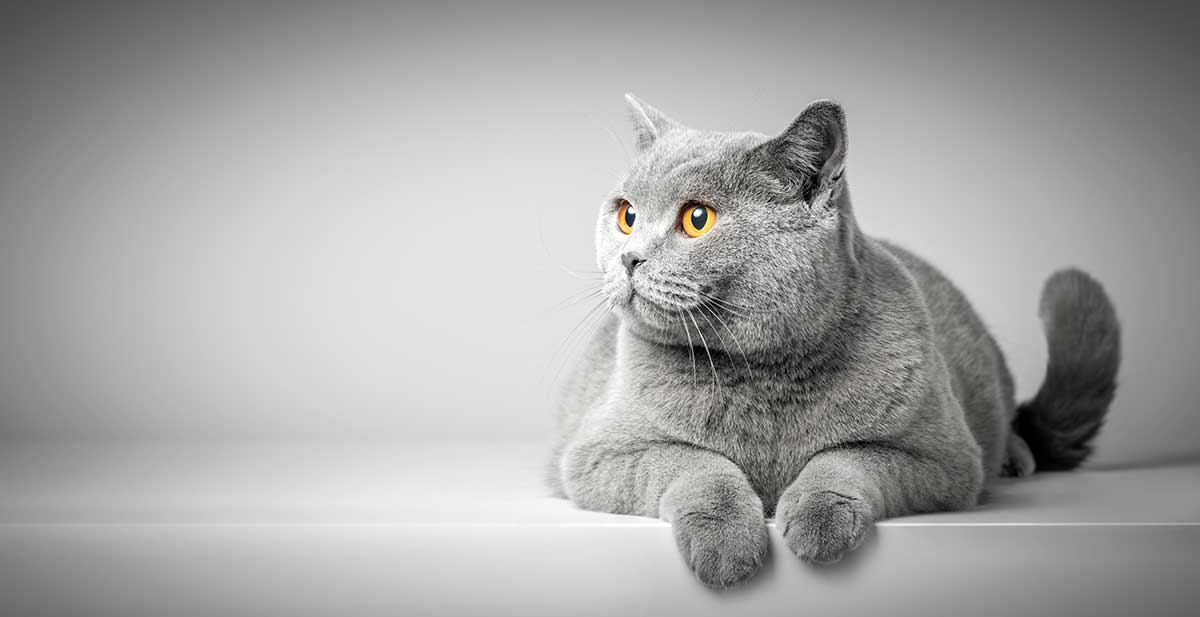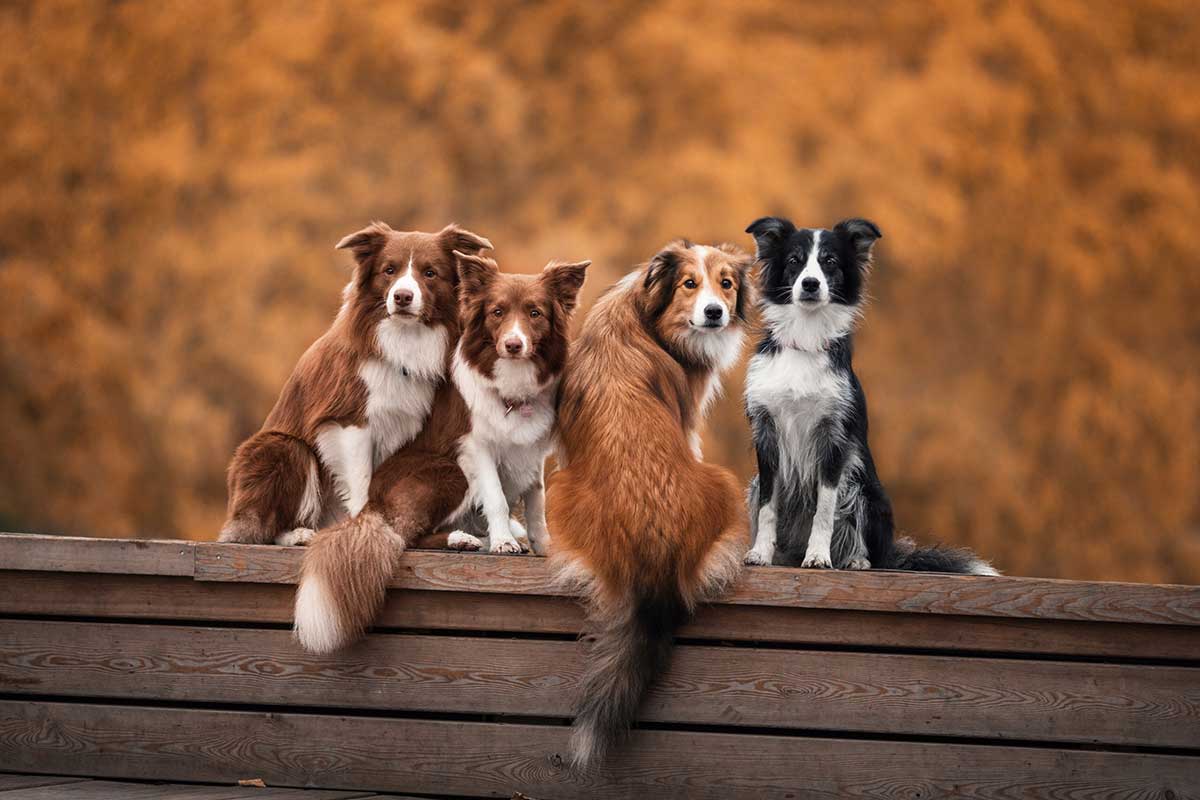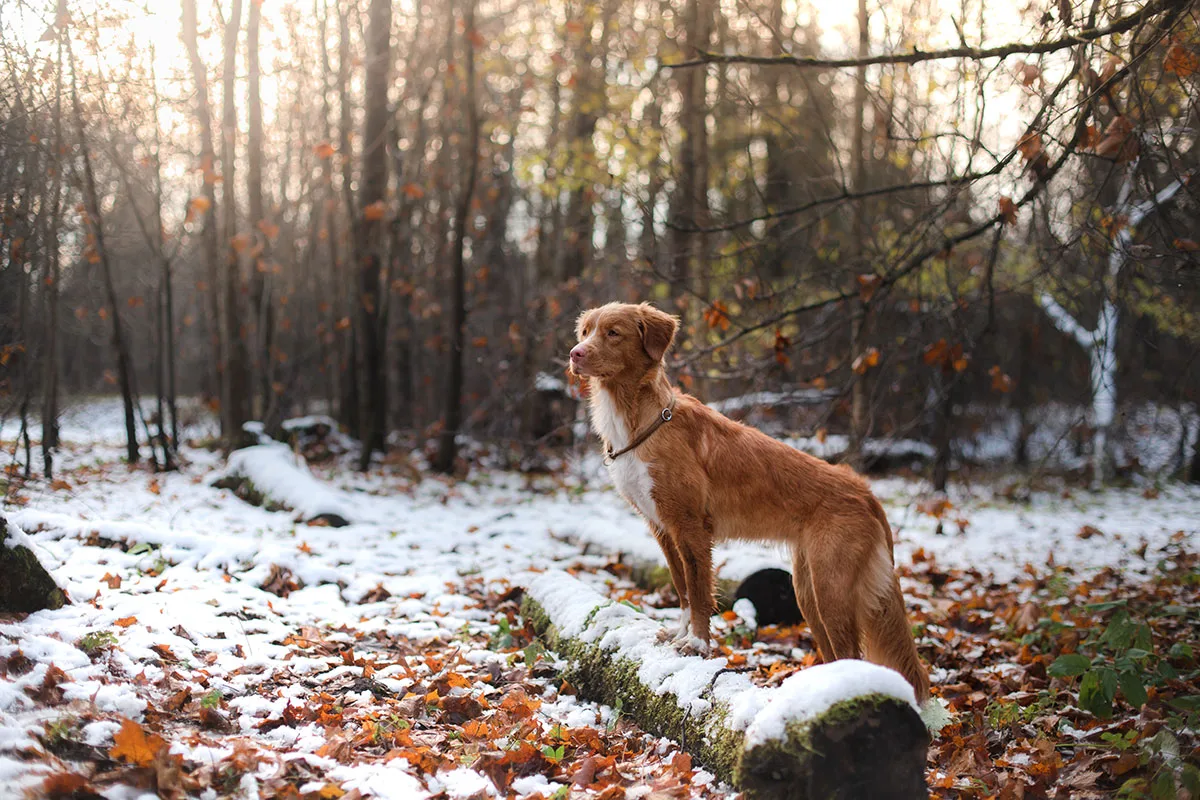
Just like with humans, when temperatures dip, cold weather can affect a pet’s joints and cause joint stiffness.
It’s not exactly clear what causes increased joint stiffness during winter months, but there could be several reasons, which include:
Air pressure – a drop in air pressure causes tissues in your pet’s body to swell and make moving more difficult.
Rigid muscles – even in dogs who don’t suffer from joint stiffness, cold temperatures can cause muscles to become tense. For dogs with existing stiffness, this can be hard to manage.
Reduced exercise – freezing temperatures mean staying indoors where it’s warm and cosy is more likely. But dogs with joint stiffness need movement to stretch and warm up their muscles, as this helps to reduce the symptoms.
Support your pet’s joints in winter
In cold weather to help support your pet’s joints, there are some positive things you can do:
Get your pet moving
One of the most important things for dogs with joint stiffness is to exercise. They may not feel like it but getting them up and moving will help to warm up and strengthen your dog’s muscles and reduce stiffness in the joints. Aim to go on a short walk at least once, if not twice a day. If it’s too cold outside try to get your dog moving indoors, using an obstacle course, or hiding some treats around the home.
Weight management
Many pet owners think that during cold weather, pets need extra food to keep warm. However, this is not the case for most pets, especially if they are moving less due to the cold. It’s important to keep an eye on what your pet eats during colder months. Unwanted weight gain can add pressure to joints. If your pet is moving less, make sure they are not taking on more calories. If your pet gets treats, be sure to add them into their daily calorie intake.
Heating pads or blankets
Since the cold temperatures might be making it hard for your pooch to move, especially overnight, try to warm them up using a pet-safe heated blanket or heating pad for them to sleep on. The extra warmth may encourage your dog to get up and moving first thing in the morning. You could also place your pet’s bed closer to a radiator in the home, which may help.
Massage
Gently massaging your dog’s problem areas, like their knees or hips, may help to loosen stiff muscles and make it easier for them to move. Find a pet massage professional in your area or do some research on how to properly administer gentle massages at home. This will help to give your pet a little extra care if they are struggling.
Home adjustments
Use ramps in the home to help your pet get up to their favourite sleeping spot on furniture or to get up steps or into the car for dog walks. This will help to reduce injury from jumping up or down. You could also raise their food and water bowls if they are unable to bend down due to stiff joints.
Use Nutraquin+
Using Nutraquin+ daily will give your pet’s joints the extra support they need throughout the winter months. If your pet isn’t already taking a high-quality joint supplement, winter is a good time to start, to support their joints in cold weather.
Nutraquin+ is fast acting (4-7 days) and formulated using the purest ingredients that help aid and soothe stiff joints and support the natural systems that control inflammation in dogs, cats & horses.

